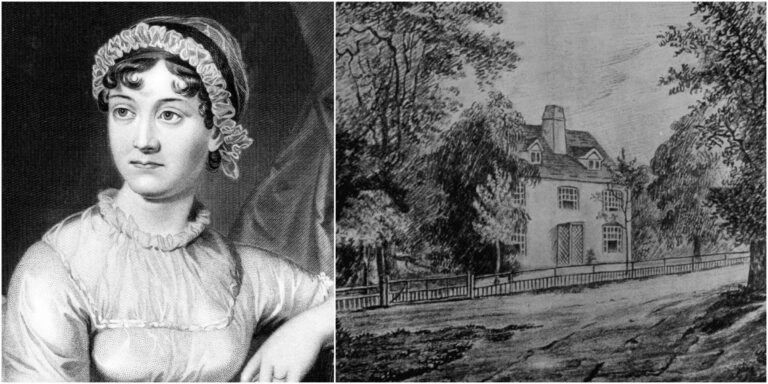
Jane Austin
- We’ll follow the tradition of ladies first and start with Jane Austin. She was born in 1775 and lived with her family in a small parish house until she was 25 years old. It seems she led a quiet life visiting with friends and family of similar social class and attending local dances and parties.
- Some quotes that reflect this are, “To sit in the shade on a fine day and look upon the verdure is the most perfect refreshment.” and “My idea of good company is the company of clever, well-informed people who have a great deal of conversation; that is what I call good company.”
- I always had this picture of Jane Austin pining away writing, but it does seem she had some social life.
- So did Miss Austin ever have a negative comment about society? Here is a quote from her work Pride and Prejudice where Mr. Darcy says that “Nothing is more deceitful than the appearance of humility. It is often only carelessness of opinion, and sometimes an indirect boast.” and Elizabeth Bennet says “For what do we live, but to make sport for our neighbors and laugh at them in our turn?” Are these hints at what Ms. Austn herself might have experienced, being born of no special class and then growing into a speedster herself?
- And what did she have to say about her statue as a female in the 19th century? one of her characters in Persuasion says that: “Men have had every advantage of us in telling their own story. Education has been theirs in so much higher a degree; the pen has been in their hands. I will not allow books to prove anything.”
- This reminds me of the idea that the victor writes the history and so we will always have the biased perspective of one opposing side.
- Miss Norris from Austin’s novel Mansfield Park tells Fanny, “Give a girl an education and introduce her properly into the world, and ten to one but she has the means of settling well, without further expense to anybody.”
- Now we know Austin was educated to some degree, after all, she wrote some great novels—Sense and Sensibility, Pride and Prejudice, Mansfield Park, Emma, Northanger Abbey, and Persuasion—but what did she do for society as a whole? In her writing, we see a comedy of manners of the middle-class life in England. Some believe her works provided the possibility of a “domestic” literature genre.
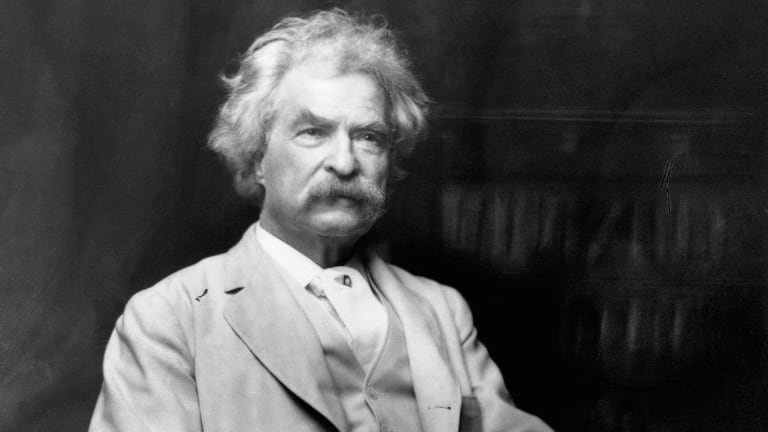
- For our next historical figure, we’re looking at another writer born into middle-class citizen; however, this one lived on a different continent than Austin.
- Ever heard the name, Samuel Langhorne Clemens? Well, I suspect many of you are history lovers so if you guessed Mark Twain, you are correct. Mark Twain lived from 1835 to 1910 and had a colorful life.
- Twain was known as “ the greatest humorist the United States has produced,” and William Faulkner called him “the father of American literature”
- His written works challenged the then-current ideas in America regarding racism, class barriers, education, and more. We see some of these issues addressed in his fictional novel The Adventures of Tom Sawyer (1876) and then in his memoir, Life on the Mississippi (1883).
- He was also vocal on political issues of that day. he said that, “Patriotism is supporting your country all the time, and your government when it deserves it.”
- One of his comments on the Spanish/American War include __ “We have gone there to conquer, not to redeem. . . It should, it seems to me, be our pleasure and duty to make those people free, and let them deal with their own domestic questions in their own way. And so I am an anti-imperialist. I am opposed to having the eagle put its talons on any other land.”
- I love the imagery he uses in this metaphor of the Eagle putting its talons on another’s land.
- Twain also said that “Doing the right things for the right reason in the right way is the key to Quality of Life!”
- This is similar to a quote by Martin Luther King Jr. who said:
- “There comes a time when one must take a position that is neither safe, nor politic, nor popular, but he must take it because conscience tells him it is right.” -Martin Luther King Jr.
- I always find courage when I look at brave people in History and the next historical person featured in today’s Pinch of the Past is a prime example.
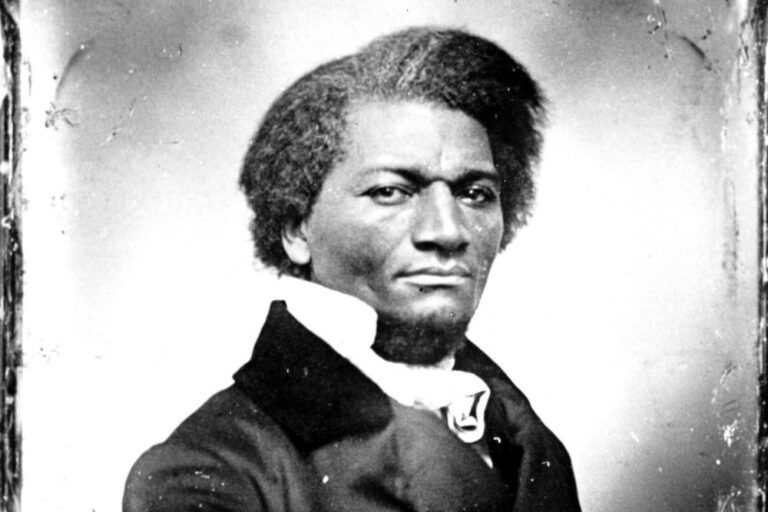
- This person was born into slavery so the date of his actual birth is unknown. Frederick Douglas is known as the most photographed American of the 19th century, having more portraits than president Abraham Lincoln.
- in 1827, When he was approximately ten, – Sophia Auld ( a relation to his master) taught him the alphabet.
- 1831 – Frederick experienced a religious conversion and bought his first book, The Columbian Orator.
- He published his biography, Life of Frederick Douglass, an American Slave, in 1845 – revealing his identity and presenting a picture of his early life in Talbot County slavery. Then he traveled to England, to avoid being sent back to slavery but also to spread the anti-slavery cause throughout the British Isles.
- The following year, his legal master agreeed to sell Frederick’s manumission for 150 pounds sterling ($711.66 in American currency) this money was raised by British admirers, and in December 12, 1846 – Frederick became a free man in the United States.
- Frederick Douglass was a charismatic speaker and a strong force in the anti-slavery movement. He also supported women’s rights, was an Underground Railroad conductor, and associate of John Browns’; although he refused to join in the attack on Harper’s Ferry shortly before the event. Before the Civil War, he was hired to speak for the Massachusetts Anti-Slavery Society.
- He delivered a speech to the Rochester Ladies’ Anti-Slavery Society on July 5, 1852, in New York. This speech is now known as “What to the Slave Is the Fourth of July?”
In this speech he stated that to a slave the 4th of July “… celebration is a sham… [its] boasted liberty, an unholy license…[ the] sounds of rejoicing are empty and heartless … [the] hypocrisy-a thin veil to cover up crimes which would disgrace a nation of savages.”
- Talk about calling a sin a sin, and while this speech was delivered after his freedom, Frederick gave speeches like this while he was still a wanted man.
- He said, “If there is no struggle, there is no progress.” and “To suppress free speech is a double wrong. It violates the rights of the hearer as well as those of the speaker.”
- “Find out just what any people will quietly submit to and you have the exact measure of the injustice and wrong which will be imposed on them.”
- The life of the nation is secure only while the nation is honest, truthful, and virtuous.
- One and God make a majority.
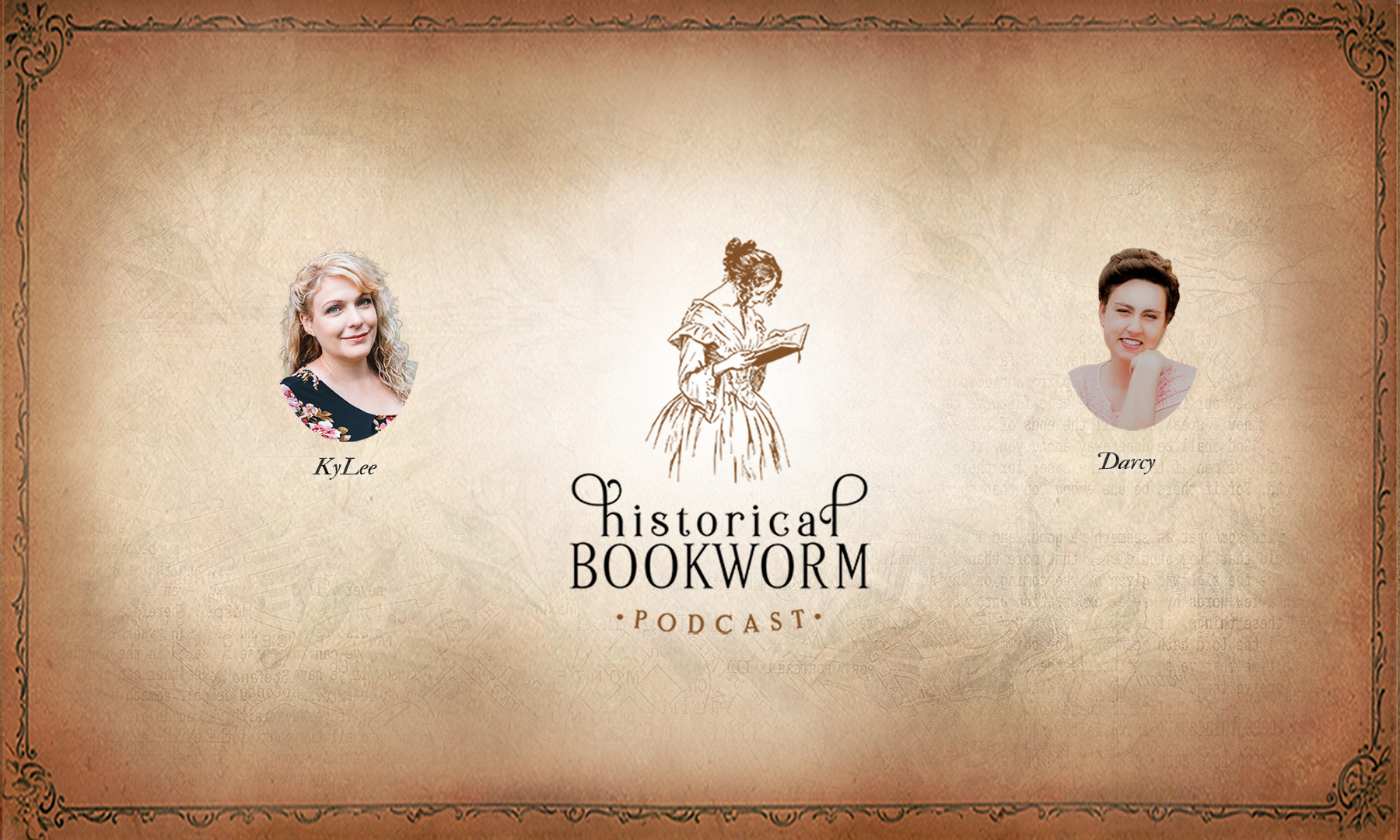
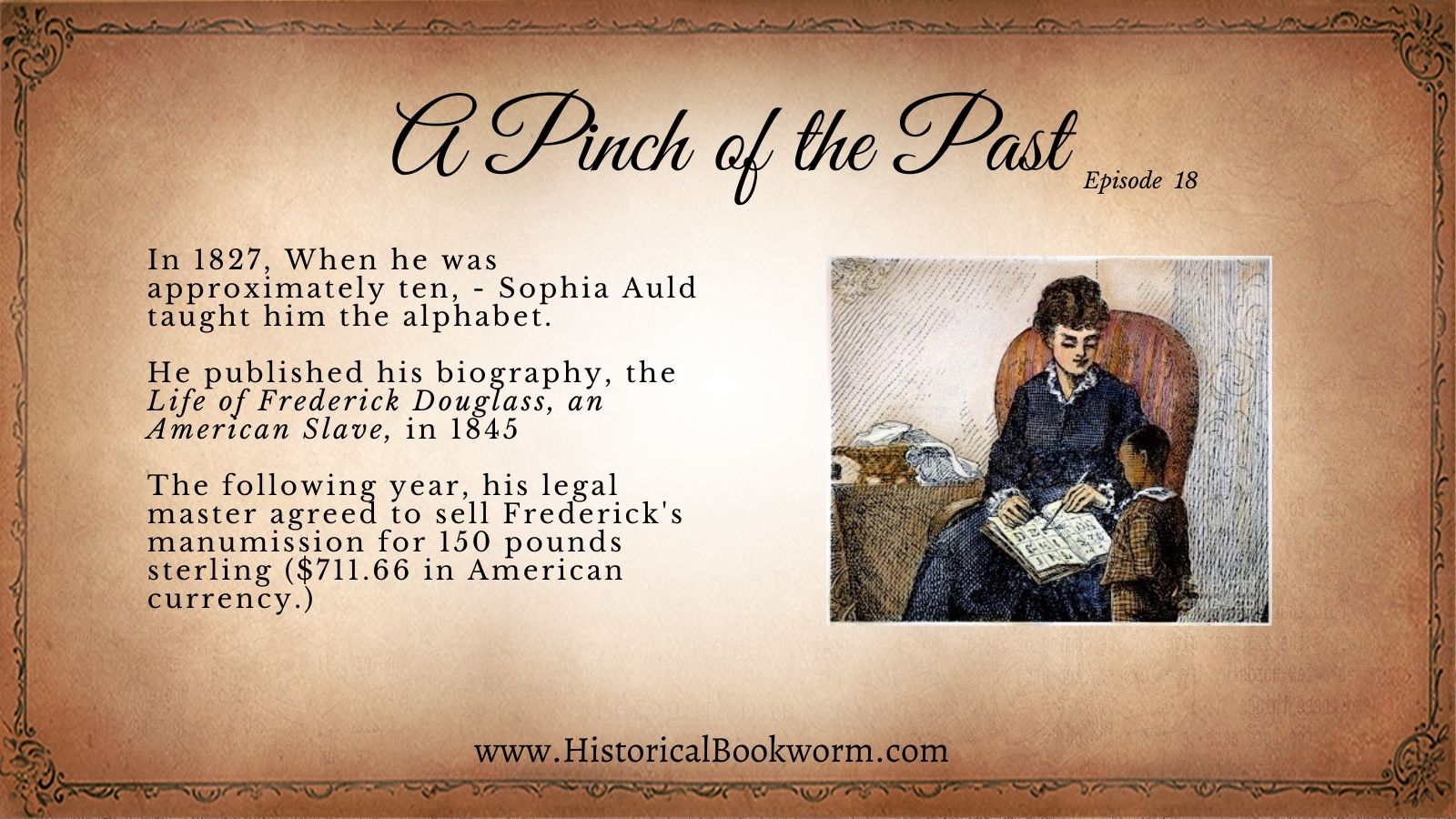
One Reply to “Quotes from Famous historical figures. (Twain, Austin, & Douglass)”
Comments are closed.